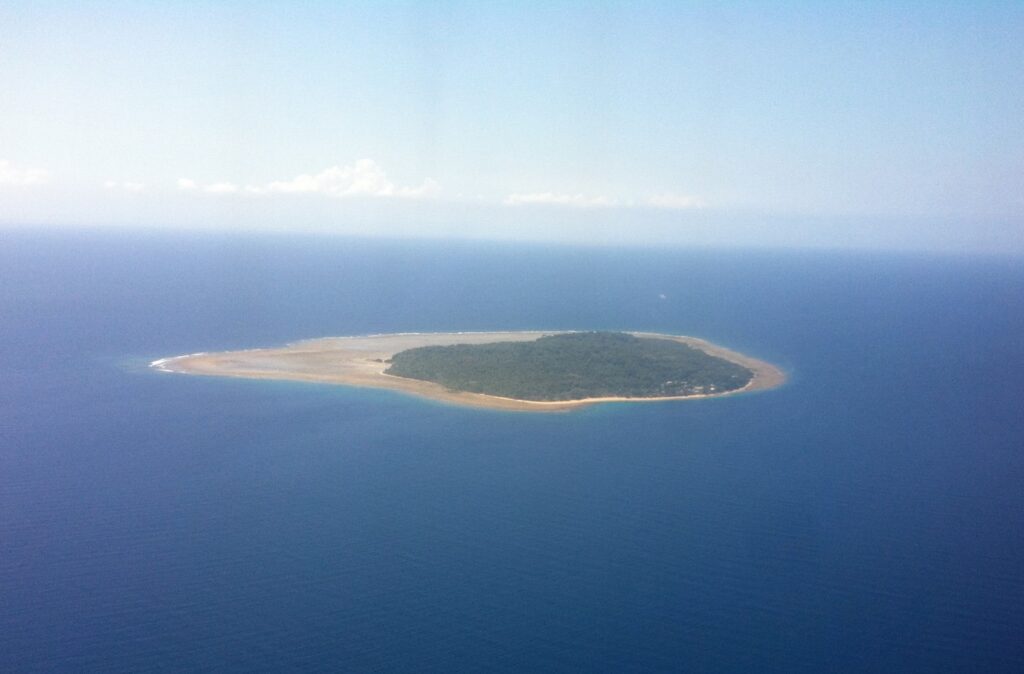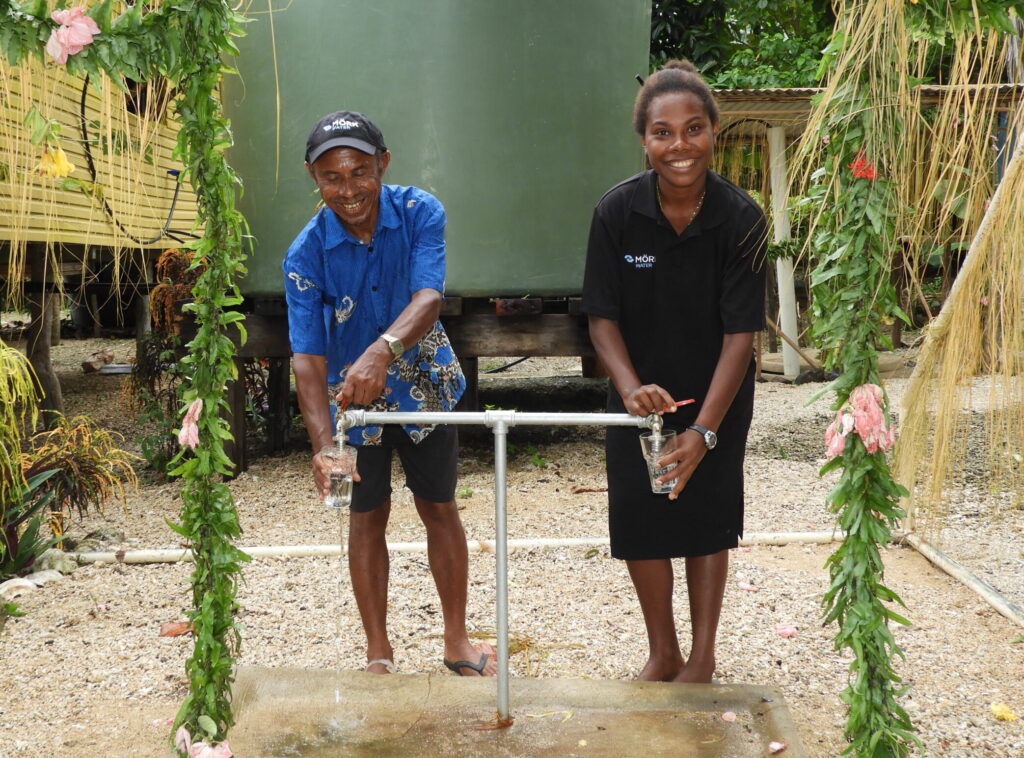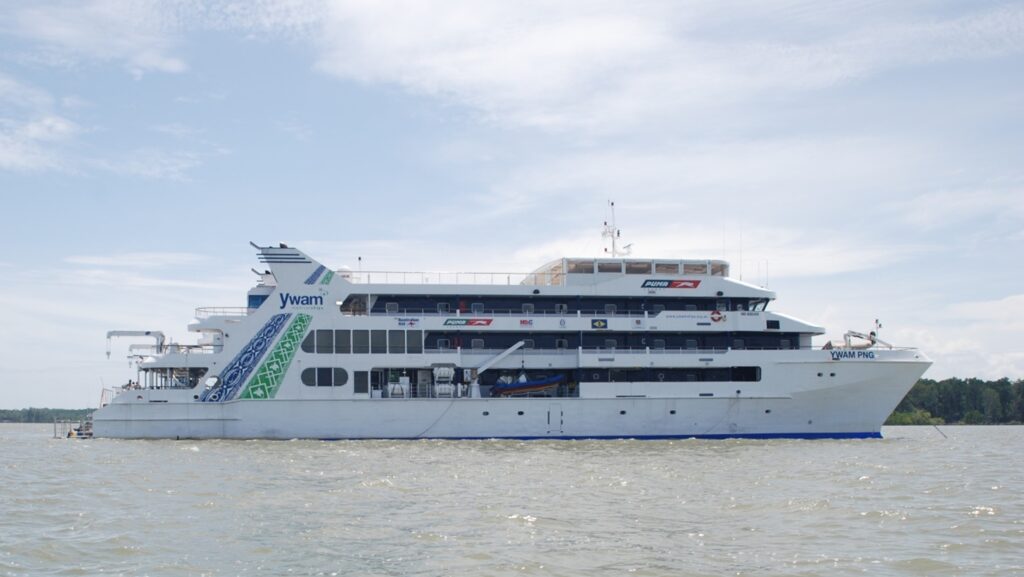When installing remote water treatment systems, standardised, off-the-shelf water solutions might seem like an economical and convenient choice. Predictable costs and quick availability make them appealing at first glance. However, when deployed in demanding environments, their shortcomings become apparent. Harsh climates, unique local conditions, and constrained resources often expose the failures of these systems, turning practical solutions into expensive mistakes.
For organisations committed to addressing water challenges sustainably and reliably, one-size-fits-all solutions rarely meet the adaptability or resilience requirements essential for success. This blog examines why standardised systems underperform in harsh environments and explores how tailored water treatment solutions deliver long-term, impactful results.

The Challenges of Standardised Systems in Harsh Environments
Every remote or challenging location has its own set of environmental and operational difficulties, making generic water treatment systems ineffective. Below are the major reasons why standard solutions struggle to perform.
1. Unsuitable for Local Water Conditions
Water quality varies significantly across regions. Standard water treatment systems are often designed for controlled environments, such as urban or industrial settings, and fail to address the complexities of rural or remote water sources.
Fluctuating Water Quality:
Increased salinity, heavy metals, microbial contamination, and silica can surpass the design capabilities of standard systems, leading to poor water quality or system breakdowns.
Environmental Stressors:
Salinity, extreme heat, high humidity, and other environmental conditions wear down components prematurely, increasing the likelihood of failure.
Real-World Example:
At Wongutha CAPS, an Indigenous school in south-western Australia, conventional systems failed to treat highly saline groundwater reliably. This forced reliance on expensive trucking of water, which was both financially and environmentally unsustainable. Moerk Water were able to install a robust groundwater system tailored to the local environmental conditions.
2. High Failure Rates Due to Maintenance and Support Challenges
The efficiency of water treatment systems depends on regular maintenance and technical support. Unfortunately, standardised systems often lack the necessary resources to operate in remote or challenging environments.
Limited Spare Parts:
Replacement parts for standard systems might not be locally available. Waiting for imports can prolong downtime significantly.
Untrained Operators:
Without adequate training, local operators struggle to maintain or troubleshoot these systems, increasing the risk of failure.
Real-World Insight:
On Uripiv Island in Vanuatu, Moerk Water implemented a community training program alongside their water desalination system. This empowered local operators, ensuring reliable operation and extending the system’s longevity.
3. Dependence on Fossil Fuels
Many standardised water treatment systems require diesel generators in off-grid locations, making them costly and unsustainable.
High Operational Costs:
Rising fuel expenses place significant financial strain on rural facilities.
Environmental Impact:
Dependence on fossil fuels undermines sustainability goals, contributing to greenhouse gas emissions.
Sustainable Solution Example:
Moerk Water’s solar-powered systems have transformed access to clean water for communities like Chwaka, Tanzania, by eliminating the need for diesel generators. These innovative systems provide a reliable, uninterrupted water supply while significantly lowering operating costs and minimising environmental impact.
4. Short Lifespan and Expensive Upkeep
Mass-produced systems, although cheaper, lack the durability required to withstand harsh environments. Components wear out faster, leading to frequent breakdowns and higher maintenance costs.
Frequent failures result in inflated total ownership costs that far exceed the upfront savings offered by standard systems. They also reduce confidence in the chosen technology as it is incorrectly assumed that the central technology is at fault.
Why Tailored Systems Thrive
Custom-engineered water treatment systems address the challenges that standardised approaches cannot resolve. These solutions are designed to meet specific environmental and operational needs, making them more reliable, efficient, and sustainable in the long term.
1. Built for Local Conditions
Tailored systems are designed to handle the unique demands of each project location.
Site-Specific Features:
Engineers craft specific components like reverse osmosis membranes and specialised filtration systems based on local water conditions and available energy sources.
Enhanced Durability:
Systems are constructed to withstand high heat, humidity, and dust for reliable, long-term operation.
Case Study:
Moerk Water developed a solar-powered desalination system for Wongutha CAPS. Not only did it provide clean water from saline groundwater, but it also utilised waste brine to cultivate salt-tolerant crops, delivering dual agricultural and water benefits.
2. Integration of Renewable Energy
Custom systems often incorporate renewable energy solutions, providing sustainable power in off-grid areas.
Energy Efficiency:
Solar and wind-powered systems lower operational costs by reducing fuel dependency.
Carbon Reduction:
Replacing diesel with renewables aligns water treatment projects with global sustainability goals.
3. Simplified Operation and Maintenance
Custom solutions aim to empower communities, not burden them.
User-Friendly Designs:
Systems are straightforward to operate, even for individuals without a technical background.
Localised Maintenance:
Spare parts are sourced locally, minimising delays and ensuring smooth operation.
4. Community Capacity Building
The sustainability of any water solution is greatly enhanced by involving and training local communities.
Knowledge Transfer:
Tailored systems include training programs that equip locals with the skills needed to operate and maintain their water treatment technology independently.
Ownership and Accountability:
By building ownership, communities remain committed to the system’s success.
Real-World Impact:
On Uripiv Island, training programs provided by Moerk Water enabled local operators to maintain their desalination system. This ensured a sustainable supply of drinking water, transforming health and sanitation outcomes for the entire community.
5. Lower Total Cost of Ownership
Although the initial price of a tailored system may be higher, its long-term benefits far outweigh the cost.
- Reduced need for frequent repairs and replacements
- Lower energy expenses via renewables
- Extended lifespan due to durable, site-specific engineering
Example:
The Wongutha CAPS solar-powered system achieved a 30% reduction in operational costs by eliminating water trucking expenses. These savings were reallocated to educational programs.
Reshaping Water Treatment in Remote Locations
Addressing water scarcity in harsh environments requires more than generic solutions. While standardised systems often fail under the pressure of challenging local conditions, tailored water treatment solutions rise to the occasion. Designed for resilience, sustainability, and community engagement, they deliver unparalleled long-term value.

Partner with a Proven Leader in Water Innovation
At Moerk Water, we specialise in custom water treatment systems that thrive in even the most demanding circumstances. From solar-powered systems to comprehensive community training programs, our solutions promote sustainability, reliability, and cost efficiency.
If your organisation is ready to move beyond standardisation and invest in a remote water treatment solution built to last, get in touch with Moerk Water today. Together, we’ll create a reliable and sustainable pathway to clean water where it’s needed most.





